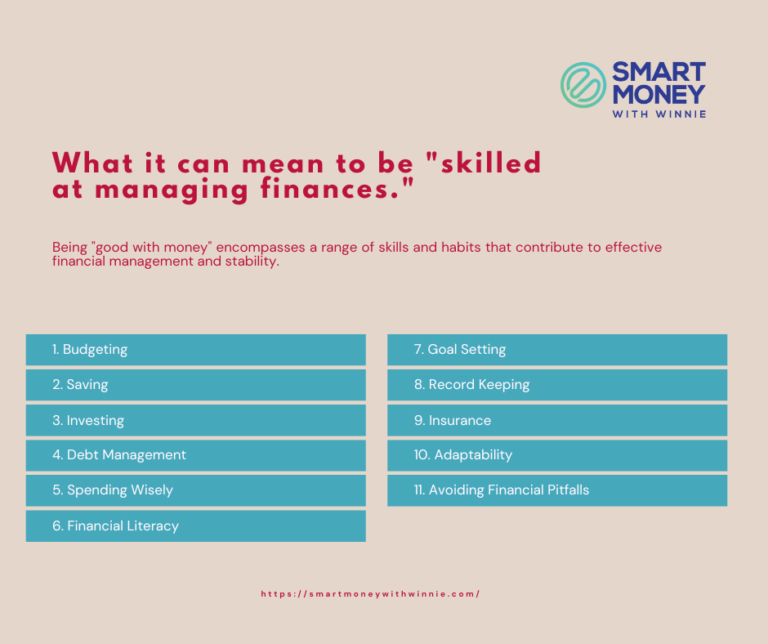A Look into A Kenyan’s Typical Income-Generating Ideas

Kenya’s business-driven mindset is a force for positive change in the world. Through the efforts of Kenyan entrepreneurs, businesses are being established, jobs are being created, and communities are being positively impacted. With sustained effort and commitment, Kenyans have the potential to be even more successful in the future.
The typical Kenyan business ideas are characterized by a blend of traditional and contemporary approaches. Traditional approaches involve saving in Chamas, investing in property, and establishing businesses. Contemporary approaches involve buying ordinary shares from banking, insurance, and investment companies.
1. Join a Chama
An informal cooperative society, or micro-savings group. In a Chama, a group of people, such as friends, family, or colleagues, come together to pool and invest their savings. Chama savings are a widely used method of saving for the general public in Kenya. The pooled funds are then lent out at a low rate of interest to members. Chama savings can be used for a range of purposes, including emergency expenses, educational expenses, or for business endeavors. Chamas have recently grown into real estate groups, Sacco units, or cooperative movements in sectors such as transport, value-addition chains, and retail outlets.
2. Buying a Plot of Land
Real estate is one of the most sought-after investments by Kenyans to save money and build wealth. The real estate market in Kenya has seen a steady increase in value over the past few years, thus making it an attractive investment option for many individuals. Real estate investments are typically made through the purchase of land or dwellings, which are then leased out or sold for a profit.
However, Kenya’s real estate sector is facing a variety of difficulties, including:
Is it worth it to buy a plot of land for resale, build a rental, or a house? A comparative look into this shows an average return of 5-8% per annum, such returns are from rental units, and the average returns for MMFs and stock exchange in Kenya is 15% per annum (Do the math…). As for resale, you are likely to sell your plot at 30 times more than the buying price. However, the period it takes to sell and the location of the plot are deciding factors.
Per say, you would rather buy 1+ acres of land in Rumuruti than a 50 by 100 block. You would rather purchase a 50*100 block within a peri-urban area.
Another popular way for Kenyans to build wealth is by owning a business. Kenya has a thriving business sector, and many people are starting their businesses as a way to improve their financial situation. Small businesses can be set up with relatively little capital, say 50,000-300,000, and there are a variety of resources available to help Kenyans set up and grow their businesses.
A list of common small business ventures includes:
- Retail shop (Duka)
- M-Pesa shops
- Mali Mali shop
- Mitumba/Clothing store
- Beauty Salons
- Restaurant
- Bars and nightclubs
- Butchery
- IT shop outlet
- Electronics Shop
- Water bottling outlets
- Gas refill shops
- Chemist shop
- Groceries store
- Car Wash Outlets
- Barbershops
- Hardware Shop
- Furniture shops
- JuaKali Artisan shops
- Wines and Spirits shop
- Shoes and sandals outlet
These are some of the most popular small businesses in Kenya. Kenya is one of the fastest growing economies in the world and has a large population, making it an ideal country for starting and expanding a small business.
4. Freelancing ventures
Imagine that you have limited financial resources, and are busy applying for jobs daily. After that kind of hustle, as a Kenyan, you will be thrust into the freelancing world.
Freelancing refers to a form of self-employment in which workers (known as freelancers) are independent contractors who are not tied to a single employer. Instead, freelancers are employed by clients for particular projects or duties. Freelancing has become increasingly popular due to its ability to provide workers with the freedom to work whenever and wherever they choose, as well as the freedom to select the projects they are assigned to.
If you’re looking for a way to make some extra money, Kenya has some of the best freelancing opportunities out there:
- Writing and Editing (Popularly known as Online Writing): Freelancers who specialize in writing and editing can provide services to a wide range of clients, such as businesses, non-profit organizations, and individuals, including blog writing, article writing, website copywriting, marketing, and more.
- Design and Development. Design and development freelancers can work on website design and maintenance, mobile app development, and graphic and logo design.
- Translations and localization: Language-savvy freelancers can find jobs translating and localization content for companies and organizations that work in multiple languages.
- Virtual assistants: You can assist clients from a distance by providing administrative, technical, or creative support services.
- Social media management: Involves the management of social media accounts by freelancers on behalf of businesses and organizations. This includes the creation and posting of content, social media engagement, and social media campaigns.
- Photography and Videography: As a freelance photographer and videographer, you can specialize in event photography, wedding photography, product photography, and more.
- Sales and marketing professionals: You can assist companies in generating leads, creating marketing plans, and closing deals.
- Accounting and bookkeeping: Freelancers with Accounting and Bookkeeping expertise can assist businesses in streamlining their financial operations, monitoring costs, and preparing financial statements.
- Legal services: Freelance attorneys with legal expertise can offer legal services to companies and individuals, including contract drafting, document review, and legal consultancy.
- Teaching and tutoring: You can offer a range of services related to teaching and tutoring, including both online and in-person instruction for students of all ages.
Tips for Kenyans starting with a small business/side hustle
Start small: You don’t have to have a large sum of money to begin planning your finances for the business. Even a small amount of money saved can make a big difference in the long run.
Be consistent: Set goals and stick to them. Setting realistic goals and sticking to them is the key to achieving financial success.
Get help from a financial advisor: Work with a financial advisor to create a financial plan and choose investments. Smart Money With Winnie is here to help you make informed decisions on what to get into.





